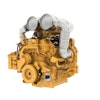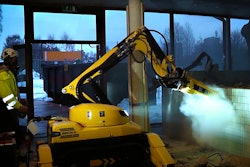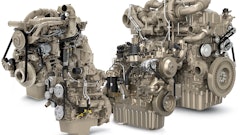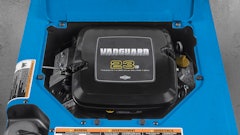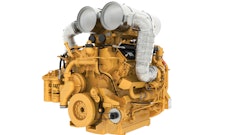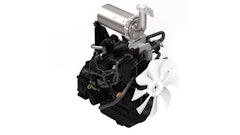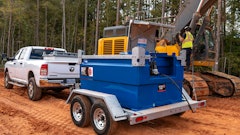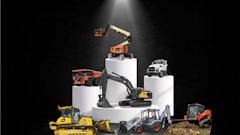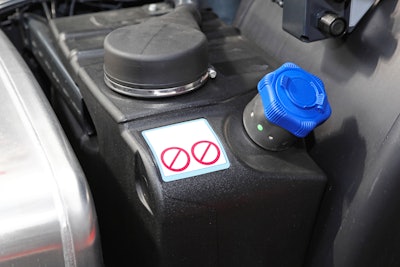
Maintaining optimal performance and ensuring compliance with emissions standards go hand in hand for operators of diesel trucks. Diesel Exhaust Fluid (DEF) is a critical component in achieving both. Often overlooked, DEF plays a pivotal role in reducing harmful emissions from diesel-powered trucks while preserving engine efficiency. To maximize the benefits of DEF, it’s essential to understand proper purchasing, handling, and storage practices - ensuring that your fleet meets regulatory requirements and operates at peak performance.
DEF allows vehicle manufacturers to enhance emissions control while preserving diesel engine performance and efficiency. DEF is a blend of technically pure urea and purified water, and it requires proper handling and storage to maintain its quality. In addition, DEF is a vital part of vehicle emissions systems, and those systems should not be altered.
The quality of the DEF used in your truck is as vital as the quality of the engine oils or fuels. Using America Petroleum Institute (API) licensed DEF ensures it meets the high standards required by engine and vehicle manufacturers. API has established guidelines for drivers purchasing and storing DEF.
Purchasing DEF
When buying DEF, whether at a truck stop or retailer, several factors ensure you get a high-quality product:
- Truck Stop Purchase:
- Ensure the DEF brand and manufacturer are identified. Regulations in many states require this information on receipts, but it's always best to verify.
- Retailer Purchase:
- Buy DEF stored away from direct sunlight in a cool, dry place.
- Inspect the packaging for signs of contamination or damage. Avoid purchasing compromised products.
- Look for the API certification mark on the bottle.
- Check the expiration date to ensure freshness and effectiveness. If no date is visible, request the most recently delivered DEF products.
Storing DEF
Proper storage of DEF is crucial to maintain its quality:
- In-Vehicle Storage: Avoid storing DEF in a truck if the area is hotter than the recommended storage temperatures. DEF stored at 86 degrees or higher will last about six months. Sunlight exposure also reduces its shelf life.
- Shop Storage: Store DEF in a cool, shaded area. Properly stored DEF can last 12 months or longer. Use the oldest DEF first to avoid expired products.
 American Petroleum Institute (API)
American Petroleum Institute (API)
Pouring DEF
When filling DEF in your truck:
- Use dedicated equipment for dispensing. Avoid using funnels, pitchers, or hoses used for other fluids.
- Clean dispensing equipment with distilled or de-ionized water, followed by a DEF rinse. Do not use tap water for cleaning.
DEF Tips for Cold Weather
Handling and storing DEF can be challenging in wintertime for drivers on the road and those storing it in a garage or shop. Some things to keep in mind about DEF use and storage in winter include the following:
- If DEF freezes in the vehicle, do not add additives to the tank to help it melt. DEF needs to remain pure for it to work correctly.
- In cold weather, the vehicle will generally start without an issue, and the DEF tank has a heating element that can quickly thaw the DEF. Don’t worry; on-spec DEF is specifically formulated to allow the fluid to thaw at the proper concentration.
Like water, DEF will expand up to seven percent when frozen and can damage a storage tank if it is full or nearly full when it freezes. Keep the tank less than full to eliminate this risk.
DEF Resources
API’s recently launched DEF Consumer Guidance resource page offers clear guidance to drivers, fleet managers and others to ensure optimal performance and compliance with emissions standards. A downloadable Do’s and Don’ts Guide for DEF storage is also available as a resource for drivers and shops.




